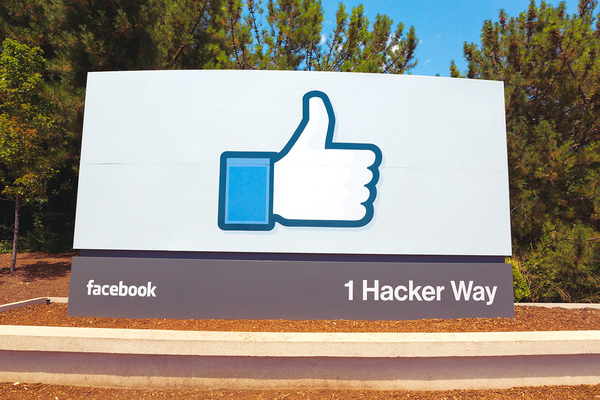Social media giant Facebook recently announced that it was making a major shift in the way its posts are prioritized. Over the next year, posts by a user’s friends and family will be prioritized more than unpaid posts by businesses and media.
The announcement has significant implications for both digital business and users of Facebook. Currently, there is a lot of unpaid public content: everything from quizzes on Star Trek to interesting tidbits of corporate information designed to drive brand engagement. In the future, unpaid public content might drop off, as users may be less inclined to read — and less able, as these type of posts will no longer be prioritized.
Zuckerberg: Back to Basics
In a post making the announcement, Facebook founder and chief executive officer cast the decision partly as a back to basics business strategy, noting that the business of Facebook has always been about connecting people.
Given that the company’s nucleus was an analog to a student connections platform, that is true.
But it’s also true that backing away from unpaid public content might be a step toward solving challenges that have confronted Facebook at least since the 2016 U.S. presidential election, when the site was accused of being a platform for fake news and vitriolic public debate on public issues. Unpaid political content is part of the content that is being deprioritized.
But the post also intriguingly focused on research about what makes users happy and what does not. Connecting in meaningful ways with friends and family makes people happy. Scrolling through feeds of content and passively consuming it, even if it makes you laugh, has been found to make you feel worse.
So it’s a return to personal connection and making the connection, rather than letting a sea of information wash over you.
The move is also a response to “information wash” – users’ sense that personal connections are being dwarfed by all the other information on the site. It is expected to foreground personal connections.
Paid Facebook content, by brands and media organization, and advertisements are not affected by the announcement.

The move may detract from revenue short term, but has potential to increase it long term.
Likely Results Going Forward
One of the biggest pieces of technology news from the announcement is that it is likely to result in a reduction in revenues, at least in the short term. While only unpaid content is being deprioritized, its reduced prominence could lead to reduced user hours.
Facebook has indicated that it expects video watch time and traffic of media organizations using Facebook to all go down.
But, as Forbes notes, if the move makes Facebook more meaningful to users, medium- and long-term results could result in expanded engagement, not less — and that, in turn, can drive increased revenue.
In addition, businesses who were trying to capture user attention through unpaid public content might be forced to move to paid advertising or other forms of paid content. That could increase Facebook’s revenues ultimately as well.
Facebook’s announcement that it is prioritizing connections with friends and family and deprioritizing unpaid public content is in part a back to being a “social” network company move. While it may decrease revenues going forward, it also has the potential to increase them long-term, via maximizing user engagement and possibly facilitating a move to paid content and more advertising.
